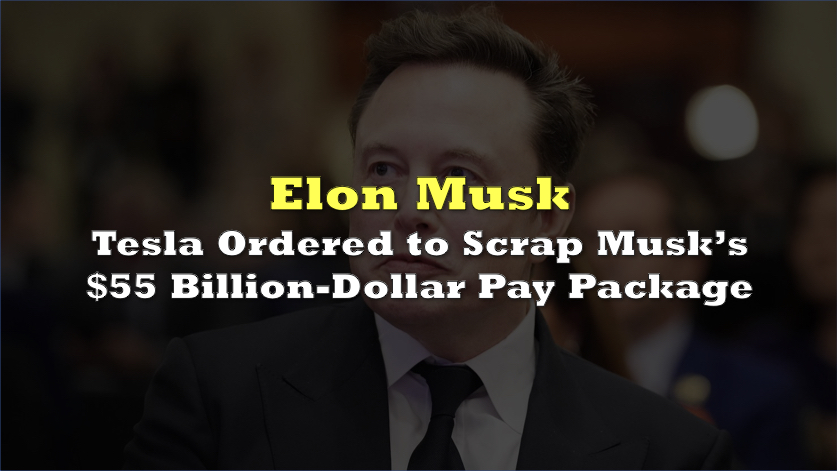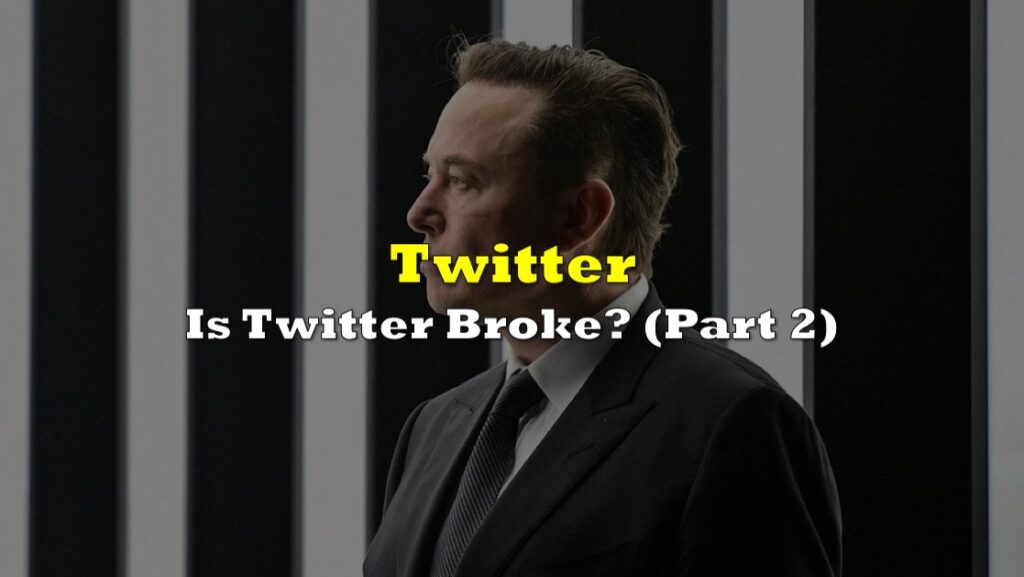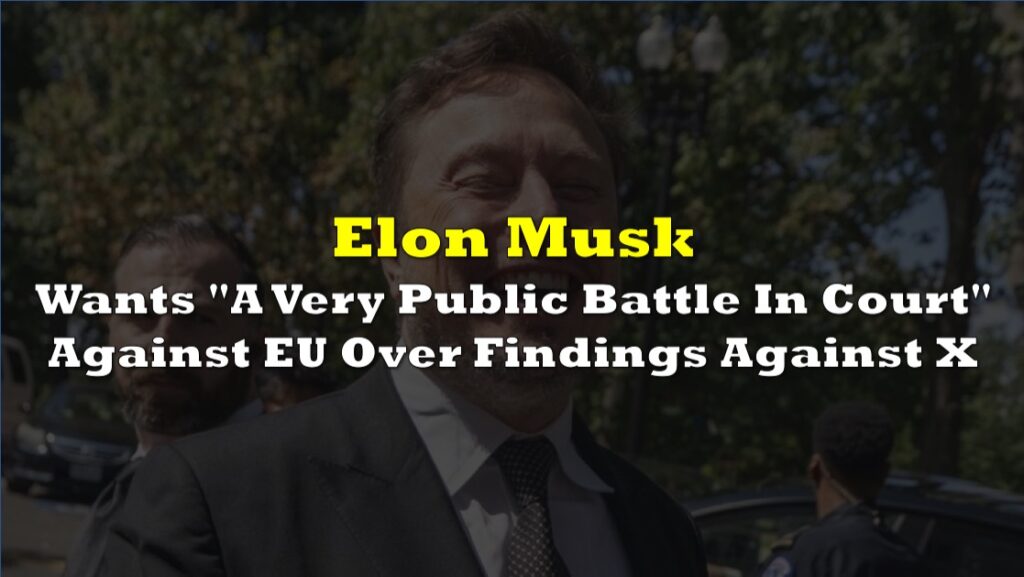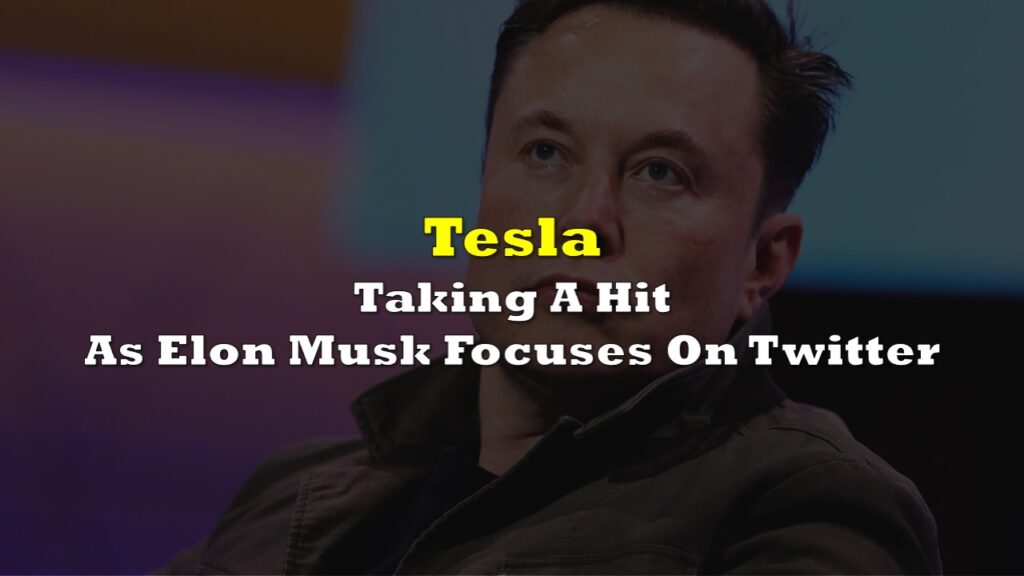Tesla Inc. (NASDAQ: TSLA) CEO Elon Musk’s $55 billion pay package—the largest ever awarded to a corporate executive—has been struck down for the second time by the Delaware Chancery Court. In a decisive ruling on Monday, Chancellor Kathaleen St. J. McCormick reaffirmed her earlier judgment that Musk’s undue influence over Tesla’s board of directors rendered the 2018 compensation deal procedurally unfair.
This latest development underscores mounting concerns over governance failures at Tesla, where Musk’s dual role as CEO and dominant shareholder has repeatedly blurred the lines between leadership and control. The decision not only invalidates the controversial pay package but raises broader questions about shareholder democracy, unchecked executive power, and the accountability of corporate boards.
McCormick’s ruling reaffirmed her January 2024 decision to void the pay package on the grounds that it was negotiated under conditions that compromised its fairness. The court found that Tesla’s board, many of whom were closely aligned with Musk, effectively capitulated to his demands when drafting the agreement, which initially tied Musk’s compensation to a series of performance milestones.
“The court did not find that the Board should have paid Musk nothing,” McCormick wrote. “Instead, the Board capitulated to Musk’s terms and then failed to prove that those terms were entirely fair.”
At the time of its approval in 2018, the package was valued at $2.3 billion but swelled to an astonishing $55 billion as Tesla’s market capitalization soared. While designed to reward Musk for achieving extraordinary results, the court determined that the board failed to safeguard shareholders’ interests, opting instead to prioritize Musk’s vision without sufficient scrutiny or independence.
Tesla sought to remedy this issue with a second shareholder vote in June 2024, in which over 70% of voting shares ratified the agreement. However, McCormick dismissed this move as legally insufficient, stating that the procedural flaws in the original agreement could not be retroactively corrected through shareholder approval.
Financial and Ethical Quagmire
The financial implications of McCormick’s ruling are enormous. With the pay package invalidated, Tesla faces the daunting task of renegotiating a compensation plan for Musk under a judicial spotlight. In the interim, the company has also been ordered to pay $345 million in legal fees to the plaintiff, Richard Tornetta, a small Tesla shareholder who brought the lawsuit challenging the pay deal.
Tornetta’s suit argued that the compensation package was “beyond the bounds of reasonable judgment” and emblematic of a board too enmeshed in Musk’s orbit to act independently. McCormick agreed, concluding that the agreement was not the product of arms-length negotiations but rather a reflection of Musk’s overwhelming influence.
This influence extends beyond the boardroom. Musk, who holds a 13% stake in Tesla, has long wielded substantial control over the company’s strategic direction and public image. His recent comments on X (formerly Twitter) suggest a growing impatience with efforts to limit his control. In one post, Musk wrote, “I am uncomfortable growing Tesla to be a leader in AI & robotics without having ~25% voting control. Unless that is the case, I would prefer to build products outside of Tesla.”
This statement has alarmed some investors, raising concerns that Musk could divert his attention—or even his talents—elsewhere if Tesla’s governance continues to frustrate his ambitions. Achieving Musk’s desired 25% voting stake would require issuing an estimated $137 billion in stock, a move that would significantly dilute existing shareholders.
It'll cost Tesla around $137 billion to issue the stocks needed to get Musk from his current 13% stake to 25%. That's nearly 2x Tesla's Q3 equity. Let that sink in. $TSLA pic.twitter.com/ktOoyPCZgm
— Motorhead (@BradMunchen) December 2, 2024
Shareholders’ Will
The ruling is the latest setback for Tesla, which has long been scrutinized for its unconventional governance practices. Critics argue that Musk’s outsized influence undermines the board’s ability to function as an independent check on his power, leading to decisions that prioritize his vision over shareholder value.
Chancellor McCormick’s decision also challenges the narrative advanced by Tesla and its supporters that shareholder approval alone legitimizes executive pay packages. While Tesla characterized the June 2024 vote as an unequivocal endorsement of Musk’s leadership, McCormick pointed out that procedural fairness cannot be retroactively manufactured. The vote, she noted, did not address the fundamental issue of board independence.
“The court’s decision is wrong, and we’re going to appeal,” Tesla said in a statement posted to X. “This ruling, if not overturned, means that judges and plaintiffs’ lawyers run Delaware companies rather than their rightful owners – the shareholders.”
A Delaware judge just overruled a supermajority of shareholders who own Tesla and who voted twice to pay @elonmusk what he’s worth.
— Tesla (@Tesla) December 2, 2024
The court’s decision is wrong, and we’re going to appeal.
This ruling, if not overturned, means that judges and plaintiffs’ lawyers run Delaware…
Yet legal experts argue that the case highlights the dangers of unchecked CEO power, particularly in companies where executives maintain significant personal stakes. The decision sends a strong message that boards cannot simply rubber-stamp the demands of charismatic leaders, no matter how successful or visionary they may appear.
The fallout from the ruling has been immediate. Tesla shares fell nearly 1.5% in after-hours trading, reflecting unease among investors already grappling with a volatile market and intensifying competition in the electric vehicle sector.
Even among Musk’s supporters, some are beginning to question the sustainability of his approach. Cathie Wood, CEO of Ark Invest and a vocal Tesla advocate, criticized McCormick’s ruling but acknowledged the financial and reputational risks it poses.
“No judge has the right to determine CEO compensation,” Wood wrote. “But the cost of this legal battle—and Musk’s insistence on control—could alienate shareholders at a critical time for Tesla.”
Merry Christmas to @elonmusk and all the $TSLA morons 🤣 https://t.co/66LD5X97cJ pic.twitter.com/M8jULGvYH6
— Anthony Pesec (@anthonypesec) December 3, 2024
Information for this story was found via Business Insider and the sources mentioned. The author has no securities or affiliations related to the organizations discussed. Not a recommendation to buy or sell. Always do additional research and consult a professional before purchasing a security. The author holds no licenses.









